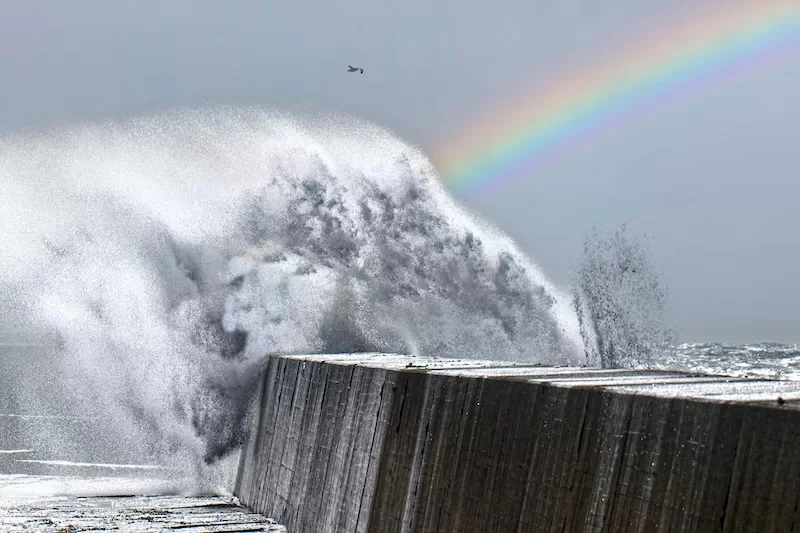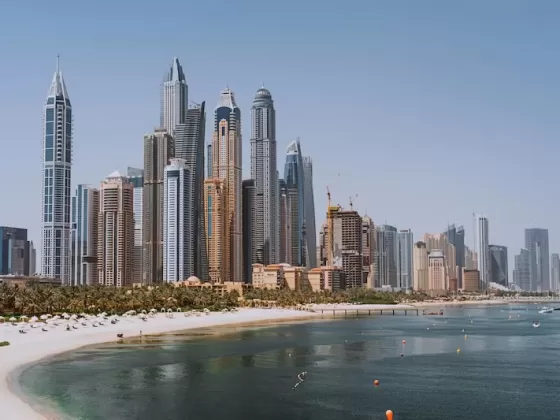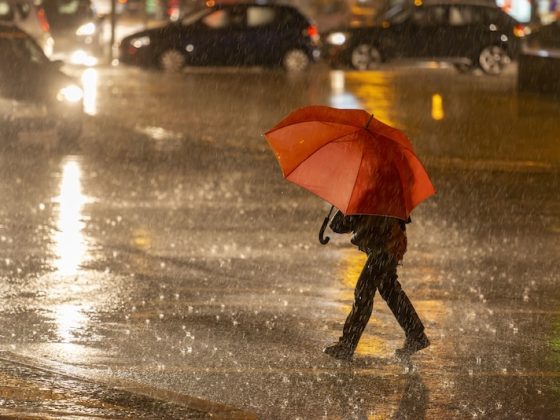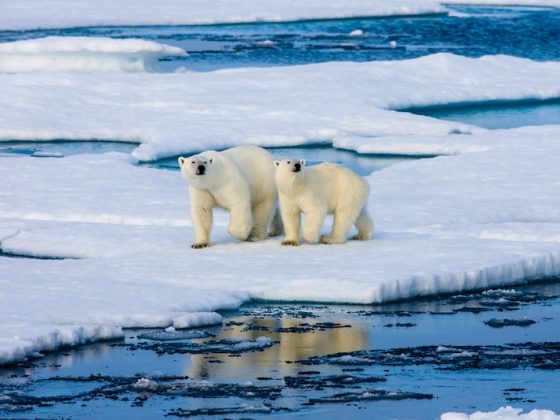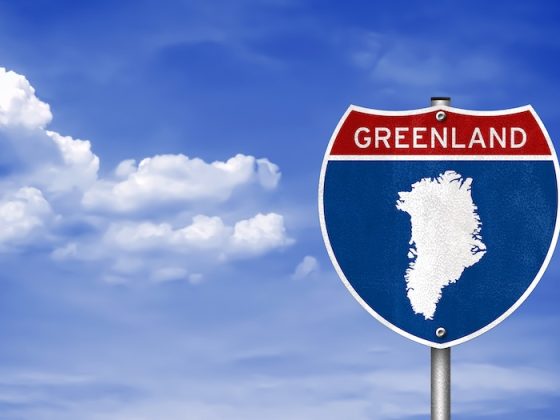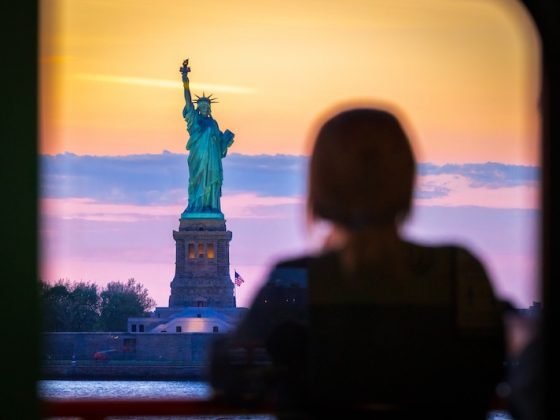This week’s headlines move between the supernatural and the geopolitical. America drops out of the world’s most powerful passport rankings, China and the U.S. trade fresh accusations over tariffs, and a single Trump remark sends crypto markets spinning. Meanwhile, ghost towns and ancient strongholds reveal the stubborn endurance of the past—from haunted streets in Savannah to the mountaintop city Alexander the Great couldn’t conquer. Here’s what’s making headlines this week.
Storm on the Frontier
A powerful storm slammed western Alaska this week, killing at least one person and forcing mass evacuations across coastal towns. Dozens were rescued from rising floodwaters and collapsing structures as winds exceeding 70 mph tore through the region. The search continues for missing residents amid freezing rain and debris-strewn roads.
The National Weather Service called it one of the strongest systems to hit the area in years, driven by remnants of a Pacific typhoon. For Alaska’s tight-knit coastal communities, the disaster underscores their growing vulnerability to extreme weather as climate shifts accelerate across the Arctic frontier.
U.S. Passport Ranking Decline:
For the first time in two decades, the U.S. passport ranking has slipped out of the global top ten, now ranks twelfth in the world’s most powerful passport index. Singapore, Japan, and South Korea lead the list, with European nations dominating the rest of the rankings. Analysts say the decline reflects shifting visa arrangements, changing diplomatic relationships, and a broader recalibration of global power.
While most Americans still enjoy near-universal mobility, the symbolism is hard to miss. The navy-blue passport once embodied ease and influence; today, it feels less exceptional. As Asia cements its dominance and Europe holds steady, the rankings serve as a subtle but unmistakable reminder that global hierarchy is being rewritten—one border stamp at a time.
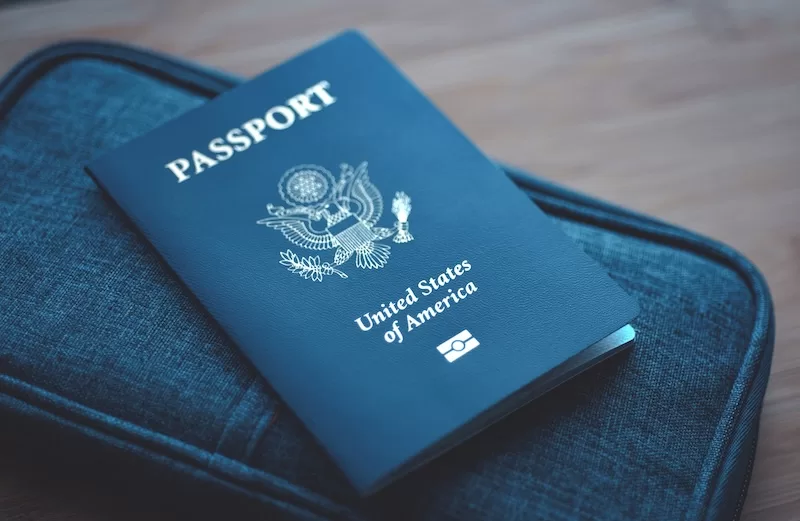
Tragedy in South Africa
A bus carrying worshippers through the mountains of Limpopo province plunged off a bridge this week, killing at least 42 people in one of South Africa’s worst road disasters in recent years. The vehicle was traveling from Botswana when it lost control, careening into a ravine before catching fire. Only one passenger—a child—was rescued alive, according to local authorities.
Investigators are now examining whether mechanical failure or poor road conditions played a role. The tragedy has reignited debate about transport safety and aging infrastructure in rural regions. Officials have promised a full inquiry as families gather to mourn and call for reform.
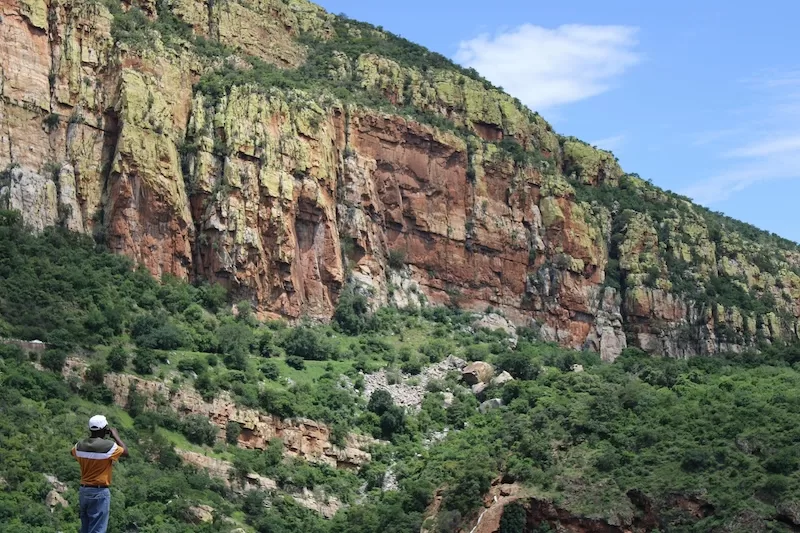
Blame Game: U.S China Trade Tensions
Trade tensions between Washington and Beijing have flared again after China rejected accusations that it reignited a trade war. Officials in Beijing insist it was Trump’s renewed tariff threats that reopened old wounds, not any change in Chinese policy. State media has accused the U.S. of “sabotaging global stability” with election-year grandstanding.
Economists warn that the rhetoric is already rippling through global markets. Investors are bracing for disruptions to supply chains, semiconductor exports, and rare earth supplies—all of which remain crucial to both economies. For now, the standoff feels familiar: two powers circling each other, each claiming innocence as the world’s markets hold their breath.
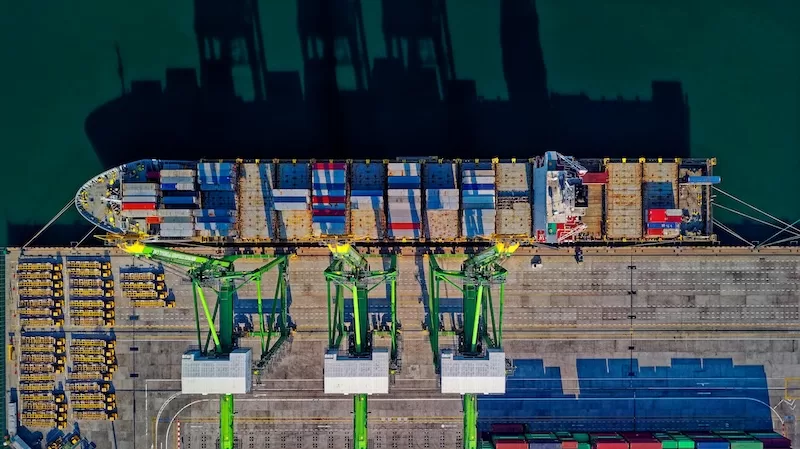
Crypto’s Sudden Crash
It started with a tweet. Within hours of Trump renewing his trade war talk, Bitcoin and other cryptocurrencies plunged in value, wiping out billions in market capitalization. Traders called it one of the sharpest short-term corrections since early pandemic volatility.
Analysts say the crash underscores how closely the crypto economy now shadows global politics. Once hailed as “decentralized” and immune to government shocks, the market now moves in lockstep with Washington’s moods. The irony, as one economist noted, is that digital freedom seems to depend on the same political forces it once tried to escape.

The Eagle’s Nest City
High in the Taurus Mountains of southern Turkey lies Termessos, an ancient city Alexander the Great famously failed to conquer. Known as the “Eagle’s Nest” for its impossible location, the city’s stone gates and amphitheater still crown a mountain ridge above Antalya. Archaeologists describe it as one of the best-preserved ancient sites in the Mediterranean—untouched by modern sprawl or tourism crowds.
Today, the city stands as a symbol of defiance and endurance. Visitors hike through pine forests to reach its ruins, greeted by silence and sweeping views across the valley. For historians and travelers alike, Termessos offers a rare glimpse into a civilization that resisted the greatest empire of its age—and won.
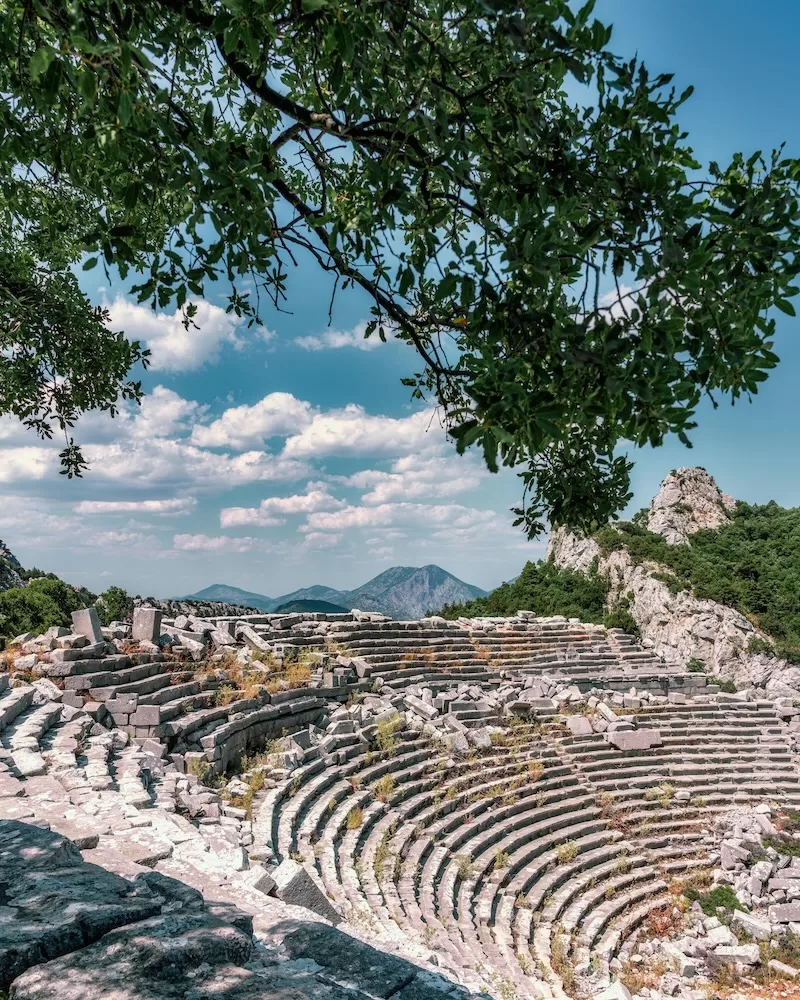
Solar Horizons
Africa’s vast solar potential has long been recognized, but new investment and off-grid innovation are turning potential into power. From Kenya to Senegal, decentralized solar projects are lighting homes, schools, and small businesses far from the reach of national grids. Analysts say that with year-round sunlight and falling technology costs, the continent could generate over 1,000 times its current electricity needs through renewables alone.
The shift is about more than energy—it’s about independence. Rural communities once dependent on diesel or darkness are now part of a green revolution that bypasses traditional infrastructure entirely. As climate goals collide with development demands, Africa’s solar expansion offers a rare case where sustainability and growth align.
Read more like this: Last week’s Global News Headlines
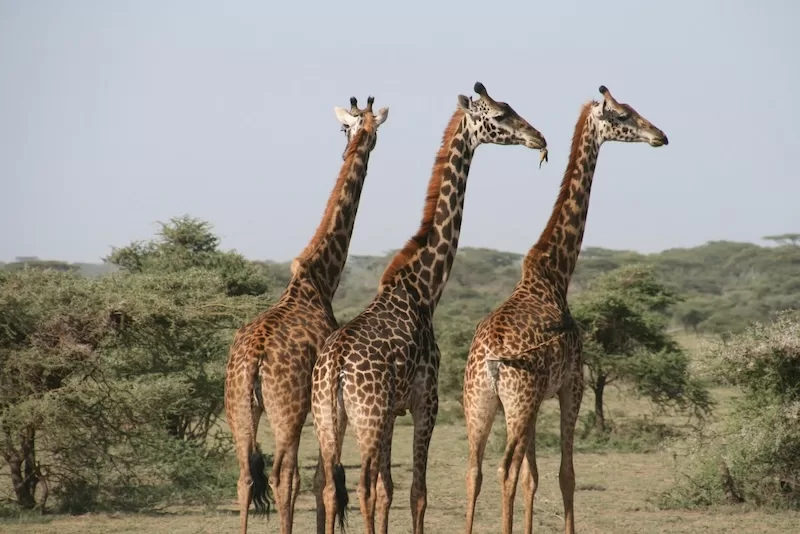
Contact Author
"*" indicates required fields
Stay Ahead on Every Adventure!
Stay updated with the World News on Escape Artist. Get all the travel news, international destinations, expat living, moving abroad, Lifestyle Tips, and digital nomad opportunities. Your next journey starts here—don’t miss a moment! Subscribe Now!
